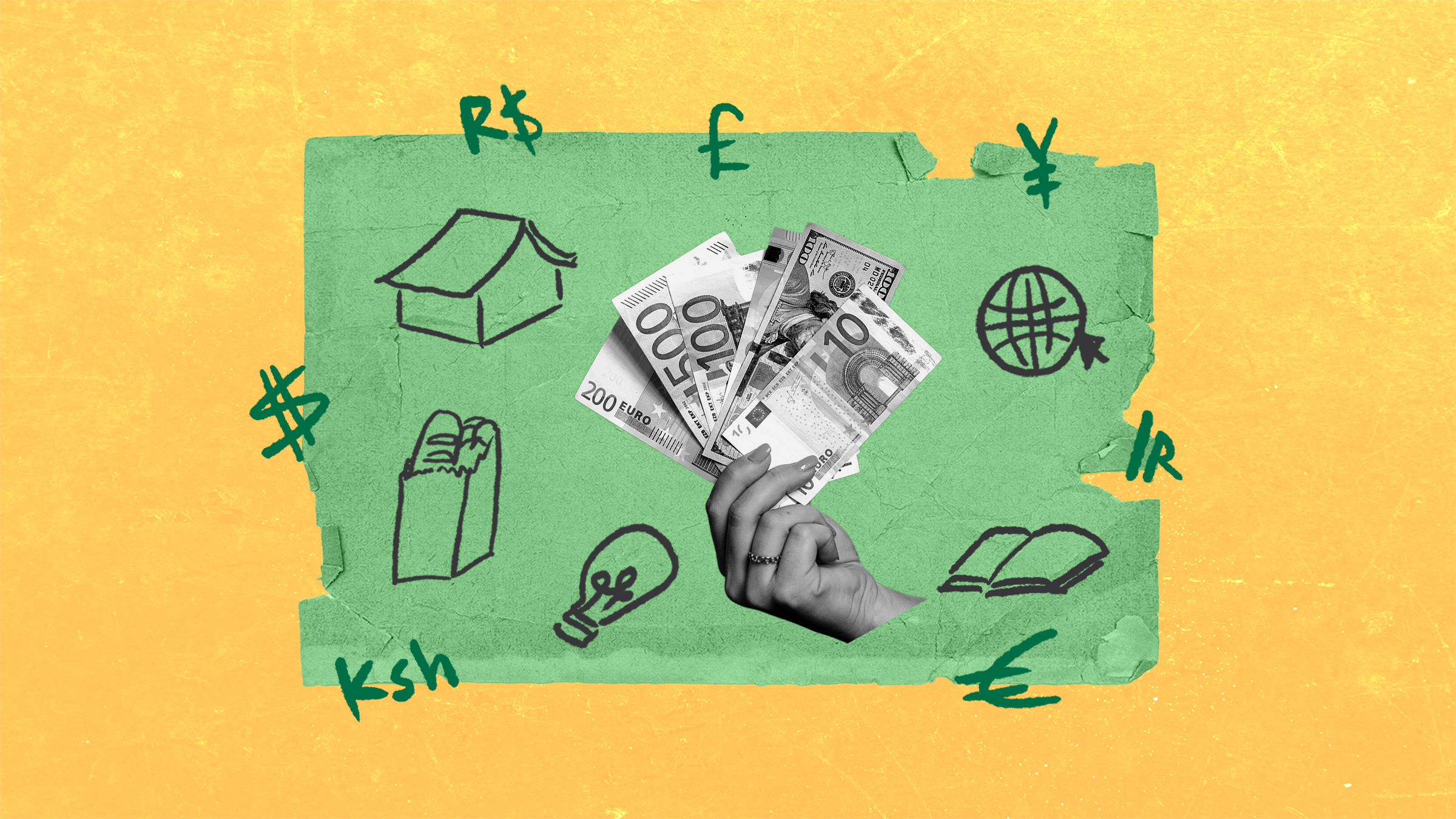g5000
Diamond Member
- Nov 26, 2011
- 125,933
- 69,723
- 2,605
I have read all, or almost all, of Thomas Paine's writings. I think we have a user on this forum who has adopted Paine's name.
Thomas Paine is perhaps most well-known to Americans as being the author of Common Sense, a pamphlet which inspired every patriot to independence.
He also published a series of pamphlets under the title American Crisis. The most famous line most of us have heard from that series is, "These are the times which try men's souls."
Lesser known today, but quite famous during its time, was The Age of Reason. In this three part tome written after we gained independence, Paine completely deconstructed the Christian Bible. He ripped it to pieces.
Paine was an advocate of Deism.
The Age of Reason was a huge bestseller in the US. and led to a revival of deism here.
Not so well known today is Paine's Agrarian Justice.
Like most of our Founders, Paine believe in Natural Rights. He believed "landed property" was an inevitable violation of Natural Rights that needed to be mitigated as the poor were worse off under such a system than when humans had lived in a state of nature.
Paine's solution was for America to provide a tidy sum to every American who reached the age of 21, and to provide an annual sum to everyone who arrived at the age of 50.
The latter half is Social Security. The former is a precursor to a universal basic income, though Paine intended it to be a one time payment so the poor could buy cows or other means to support themselves.
What? Social Security proposed way back in 1797? And UBI, too?!?
It's a very fascinating piece to read, so here it is: http://www.piketty.pse.ens.fr/files/Paine1795.pdf
Just as an aside, Thomas Jefferson also felt the same about the landed class violating Natural Rights, and he proposed a progressive tax on the wealthy, with most Americans being exempt from taxation. (Editing note: I originally posted it was James Madison, but I got the recipient and the sender reversed. See letter in post 4 below. My apologies.)
Our Founders were proto-commies!
Kamala Harris proposed a universal basic income when she was a US Senator in 2018, which puts here squarely in the Liberal column.
More in my next post.
Thomas Paine is perhaps most well-known to Americans as being the author of Common Sense, a pamphlet which inspired every patriot to independence.
He also published a series of pamphlets under the title American Crisis. The most famous line most of us have heard from that series is, "These are the times which try men's souls."
Lesser known today, but quite famous during its time, was The Age of Reason. In this three part tome written after we gained independence, Paine completely deconstructed the Christian Bible. He ripped it to pieces.
Paine was an advocate of Deism.
The Age of Reason was a huge bestseller in the US. and led to a revival of deism here.
Not so well known today is Paine's Agrarian Justice.
Like most of our Founders, Paine believe in Natural Rights. He believed "landed property" was an inevitable violation of Natural Rights that needed to be mitigated as the poor were worse off under such a system than when humans had lived in a state of nature.
Paine's solution was for America to provide a tidy sum to every American who reached the age of 21, and to provide an annual sum to everyone who arrived at the age of 50.
The latter half is Social Security. The former is a precursor to a universal basic income, though Paine intended it to be a one time payment so the poor could buy cows or other means to support themselves.
What? Social Security proposed way back in 1797? And UBI, too?!?
It's a very fascinating piece to read, so here it is: http://www.piketty.pse.ens.fr/files/Paine1795.pdf
Just as an aside, Thomas Jefferson also felt the same about the landed class violating Natural Rights, and he proposed a progressive tax on the wealthy, with most Americans being exempt from taxation. (Editing note: I originally posted it was James Madison, but I got the recipient and the sender reversed. See letter in post 4 below. My apologies.)
Our Founders were proto-commies!

Kamala Harris proposed a universal basic income when she was a US Senator in 2018, which puts here squarely in the Liberal column.
More in my next post.
Last edited:





